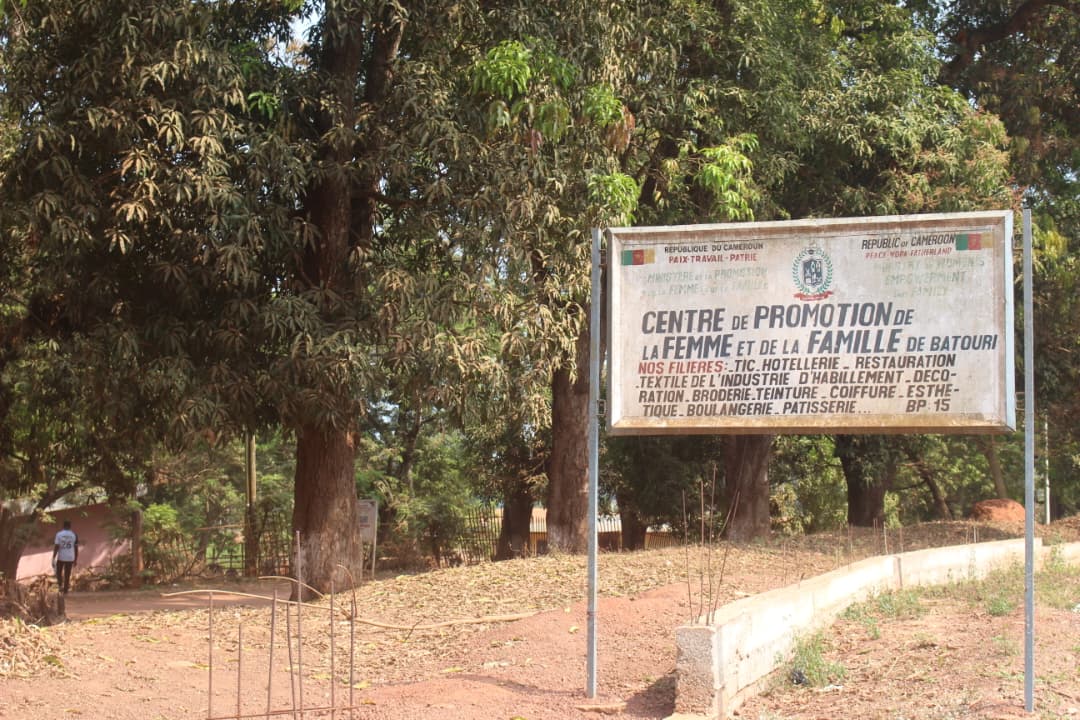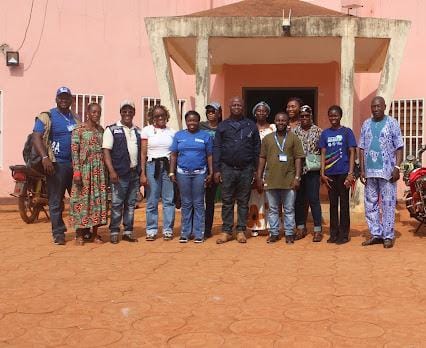The Brics summit opened in South Africa on 23rd August 2023 , with the agenda including the enlargement to new members of the bloc of emerging countries seeking to extend its global political and economic influence.
South African President Cyril Ramaphosa welcomed his Brazilian counterpart, Luiz Inacio Lula da Silva, and his Chinese counterpart, Xi Jinping, to Johannesburg. India is represented by its Prime Minister, Narendra Modi, and Russia by its Foreign Minister, Sergei Lavrov.
Russian President Vladimir Putin, who is the subject of an international arrest warrant for war crimes in Ukraine, took part via a recorded video message.
On an official visit to Pretoria prior to the opening of the summit, the Chinese President hailed a “new historic starting point” for relations between China and South Africa, an influential power on a continent that has become a major diplomatic issue.
Cyril Ramaphosa said he welcomed Beijing as a “true friend”, pointing out that China is Pretoria’s biggest trading partner. “We are united in our common goal and our quest for a better and more equal world“, he continued. The 15th Brics summit comes at a time when divisions on the international stage have been accentuated by the Russian invasion of Ukraine. South Africa, China and India have never condemned Moscow, and Brazil has refused to join Western countries in sending arms to Ukraine or imposing sanctions on Russia.

Producing a quarter of the world’s wealth and accounting for 42% of the world’s population, the Brics have in common their demand for a more inclusive global political and economic balance, particularly in relation to the United States and the European Union. The group is seeking to extend its influence and is considering expansion.
Some forty nations have applied for membership or expressed an interest in joining the group. Iran, Argentina, Bangladesh and Saudi Arabia are among the aspirants.
But the five current members, who are geographically distant and have economies with uneven growth, have “divergent opinions on which countries should join the bloc and under what conditions“, Jannie Rossouw of the University of the Witwatersrand in Johannesburg told the press.
South Africa has been working this year on a list of “guidelines” for the entry of new members, according to South African Foreign Affairs Minister Naledi Pandor on Sunday. The question of enlargement divides India and China in particular, the two most powerful economies in the bloc. Beijing wants to develop its influence, while Delhi is wary of the intentions of its regional rival.

The question of enlargement divides India and China in particular, the two most powerful economies in the bloc. Beijing wants to develop its influence, while Delhi is wary of the intentions of its regional rival.
“In the long term, the rivalry between China and India is probably the main challenge facing the Brics,” adds Jannie Rossouw. Furthermore, the decision-making process within the bloc, which requires consensus, is a “major obstacle” to possible expansion, points out Jakkie Cilliers of the Institute for Security Studies in Pretoria.




